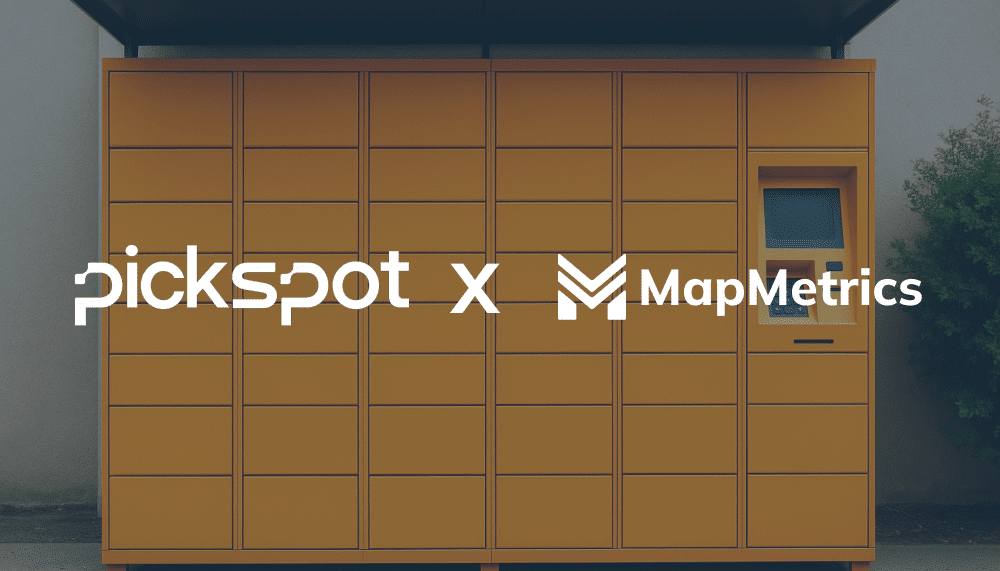
Why Peaq Network is the Leading L1 Blockchain for DePIN Projects: 5 Exciting Projects
As Decentralized Physical Infrastructure Networks (DePIN) gain traction across industries, one blockchain network is emerging as the top choice for these projects: the peaq network. With over 40 DePIN projects and more than 1,000,000 machines, vehicles, robots, and devices leveraging its robust infrastructure, peaq is revolutionizing industries from transportation to agriculture. This article explores why peaq is the leading Layer 1 blockchain for DePIN and highlights five exciting projects that showcase the power of its ecosystem.
Why peaq is the Best L1 Blockchain for DePIN
peaq offers the ideal infrastructure for DePIN projects, and its rapid growth shows how it meets the unique demands of decentralized physical networks:
- スケーラビリティ: peaq is built to handle high data volumes and a growing number of devices, making it perfect for projects operating on a large scale. The network already supports over 1,000,000 devices, from autonomous vehicles to IoT sensors.
- Interoperability: With DePIN projects often requiring integrations with other networks and platforms, peaq’s architecture allows for seamless cross-platform communication, fostering greater connectivity and efficiency.
- サステナビリティ: peaq has committed to environmentally conscious blockchain solutions, ensuring that as more devices join the network, the energy footprint remains minimal. This aligns with the eco-friendly goals of many DePIN projects.
- Security: peaq provides a secure, decentralized network where sensitive data whether related to mobility, energy, or agriculture can be trusted and verified.
These features make peaq the go-to choice for DePIN projects that require reliability, flexibility, and sustainability.
Peaq’s Expanding Ecosystem
As the DePIN movement accelerates, more projects are migrating to peaq to take advantage of its decentralized infrastructure, scalability, and eco-friendly approach. Numerous DePIN projects that were previously built on other blockchains, including Solana and Ethereum, have recognized the unique advantages peaq offers and have made the strategic decision to migrate.
This migration is significant because it underscores peaq’s growing role as the backbone of decentralized physical infrastructure networks. By moving to peaq, these projects gain access to a highly scalable network capable of supporting millions of devices, vehicles, robots, and IoT machines. Moreover, peaq’s focus on sustainability aligns with the goals of many DePIN projects, making it an attractive choice for those looking to minimize their environmental footprint.
With over 40 DePIN projects now on the peaq network, spanning over 15 different industries, it’s clear that peaq is becoming the go-to L1 blockchain for decentralized infrastructure. Let’s explore five of the most exciting projects that have been chosen to build on peaq.
1. MapMetrics: A Decentralized Navigation Ecosystem
MapMetrics is revolutionizing navigation by decentralizing map data and rewarding users for their contributions. Recently, MapMetrics made the strategic decision to migrate from Solana to peaq to take advantage of Peaq’s scalability and eco-friendly infrastructure. According to the Co-Founder and CEO of MapMetrics, who explained the reasons for the migration in an interview with U Today peaq’s ability to handle large data volumes and ensure data privacy played a key role in the decision. Now powered by peaq, MapMetrics is better equipped to scale globally, process data more efficiently, and align with eco-friendly initiatives such as planting trees through their partnership with Tree-Nation.
2. Silencio: Managing Urban Noise through Decentralization
Noise pollution is a growing issue in urban environments, and Silencio is using peaq to address it through decentralized noise monitoring. The project leverages IoT devices to track real-time noise levels and provide actionable insights. By using peaq, Silencio can scale across cities, ensuring the data collected remains decentralized, anonymous, and secure empowering urban planners to create healthier living spaces.
3. Farmsent: Decentralizing Agriculture for Sustainability
Agriculture is one of the most critical sectors for the future, and Farmsent is using peaq to revolutionize the way farmers access and contribute data. Through its decentralized platform, Farmsent allows farmers to track soil conditions, market trends, and weather patterns securely. By leveraging Peaq’s robust infrastructure, Farmsent ensures that data remains transparent, accessible, and scalable, promoting sustainable farming practices across the globe.
4. Charge: Empowering EV Charging Infrastructure
As electric vehicles (EVs) become more popular, the demand for charging infrastructure is growing. Charge is decentralizing EV charging stations by allowing businesses and individuals to set up their stations, creating a peer-to-peer charging network. With Peaq’s secure and scalable blockchain, Charge is building the backbone of tomorrow’s EV infrastructure, making it easier for users to find and pay for charging stations in real time.
5. Roam Network: Expanding Connectivity with Mesh Networks
Roam Network is addressing the global connectivity gap by deploying decentralized mesh networks in underserved and remote regions. Using Peaq’s decentralized infrastructure, Roam enables communities to access reliable, cost-effective internet without relying on centralized providers. This project highlights Peaq’s ability to support decentralized, peer-to-peer networks and bring critical services to areas that need them most.
The Future of DePIN on Peaq Network
With over 1,000,000 devices already on the network and over 40 DePIN projects transforming industries, peaq is positioning itself as the premier blockchain for decentralized infrastructure. Its ability to scale efficiently while maintaining security and sustainability ensures that it will continue to attract innovative projects. As more industries turn to decentralized solutions, peaq’s ecosystem will only grow stronger, driving the future of DePIN forward.
結論
peaq is not just an L1 blockchain; it’s the backbone of a growing DePIN ecosystem. With groundbreaking projects like MapMetrics, Silencio, Farmsent, Charge, and Roam Network, peaq is proving itself as the ideal platform for decentralized physical infrastructure. Its scalability, interoperability, and sustainability are helping to shape the future of industries that rely on real-time data, decentralization, and automation. As DePIN continues to evolve, peaq will remain at the forefront, driving innovation and growth.


